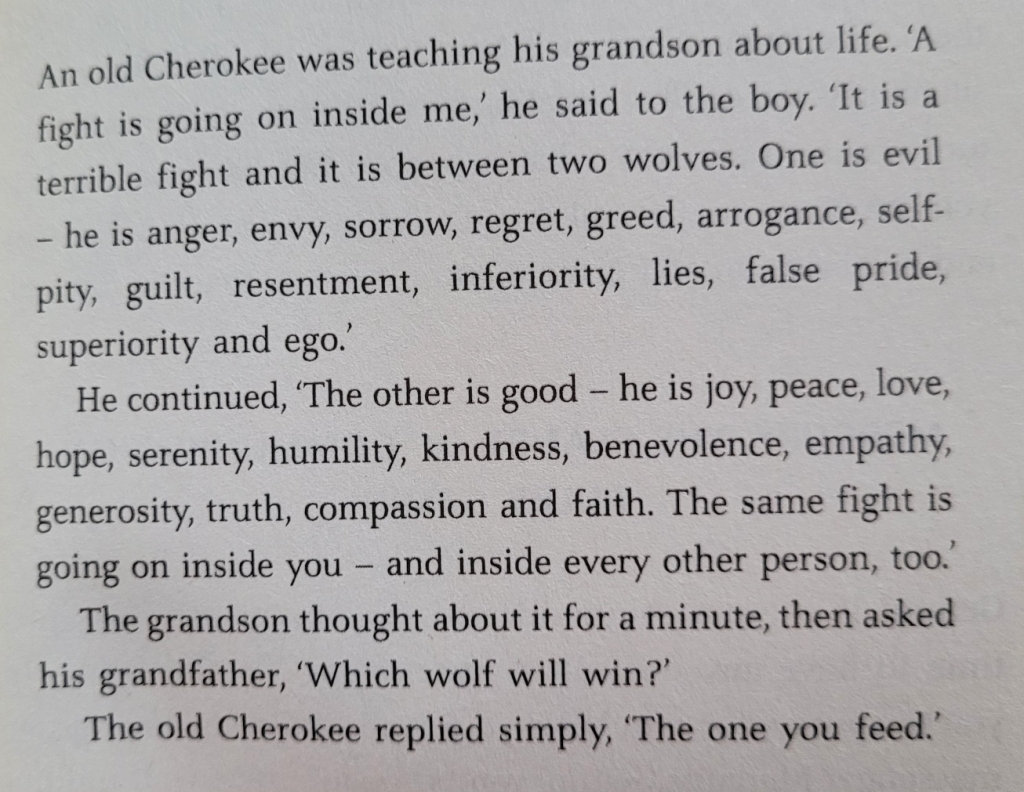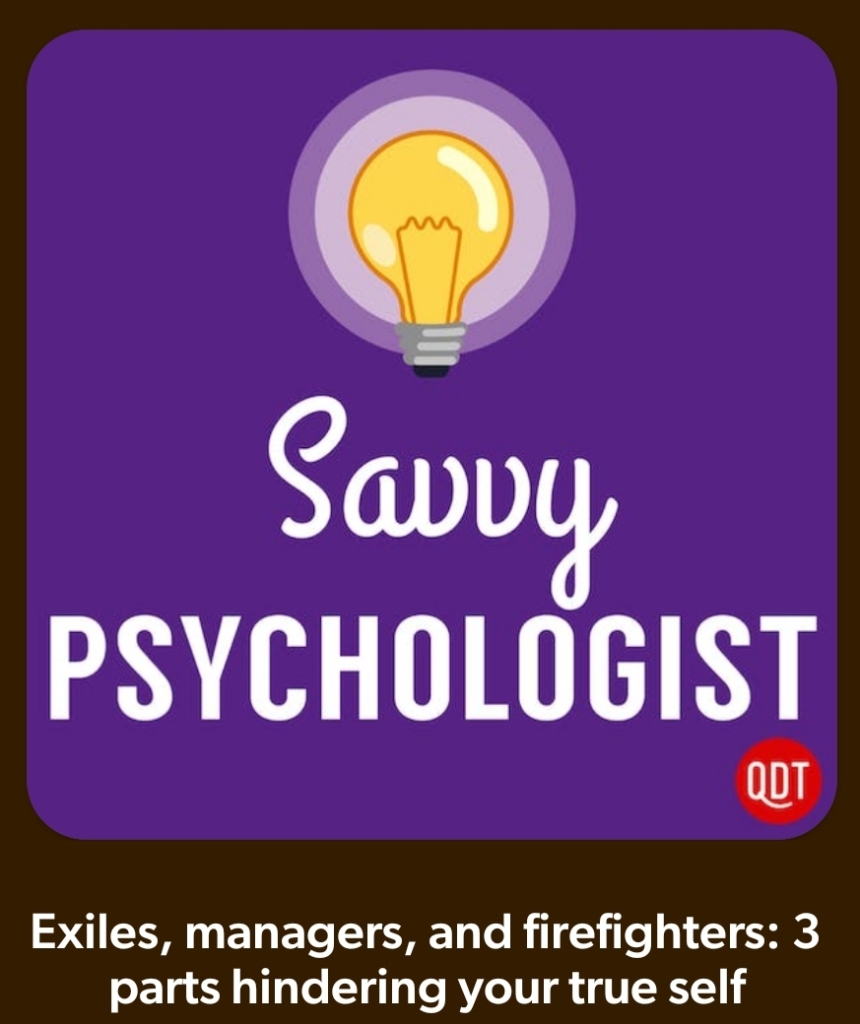Defsuion is a technique used in Acceptance and Commitment Therapy (ACT), which aims to change your relationship with your thoughts. Under the premise, “Thoughts are not facts” and that you can interact differently with your thoughts. Your mind’s job is to analyse and critically evaluate threats, so intrusive, negative thoughts can not be eliminated from your mind. But if you are fused with your thoughts, you believe your thoughts, you get stuck in your head, you ruminate a lot, and you probably act or behave in a way that is unhelpful or makes you unhappy. An example would be missing events because you’re socially anxious. The thoughts drive your avoidance behaviour, but you’re unhappy because you want to be able to go to these events. Defusion helps you make space,l and not get entangled in your thoughts. I’m going to discuss some techniques you can try.

“Everyone hates me”
Any label thought that comes up that is personal to you, you can change to “I’m having the thought that I am stupid.” This changes it to a description, and you recognise it for what it is; a thought. Now you recognise it as a thought, you can treat it accordingly.
“I am stupid“
If a thought like this comes up, you can teframe it with “There’s that ‘everyone hates me story, again’.” This helps put some space between you and the thought.
“Bad things keep happening to me “
Reply, “Thank you for that thought, mind.” Remember, your mind is trying to protect me ( I discussed this in the protect me mind post). Trying to fight your thoughts can become problematic. In ACT they relate this to a Chinese finger trap, the more you fight, the tighter the trap. But if you relax, the trap relaxes too. Your mind and its thoughts behave in a similar way. Accept the thoughts, but let them float away.
You can also try
- Singing a thought or saying it slowly or in a characters/funny voice.also, saying it repeatedly, will help it lose its power.
- Thinking the opposite action. For instance this could be, “I can’t move my hand, I can’t move my hand..” etc, whilst moving your hand. This exercise shows that you can do things even thought the thought is there saying you cannot.
- You can visualise thoughts on leaves on a stream or on balloons floating away. Intrusive thoughts will come and go. Let them come and release them without getting entangled in the unhelpful stories.
- If the memory is visual, you can pretend to watch it on a television. You play around with it, fast forward, slow it down, rewind, make it black and white, or colour.
- Don’t think about something for a minute. Like a big pink elephant or anything random, and then give yourself 1 minute to clear your mind without that coming to your mind. It is hard to keep something out of your mind. Watch the reel before for more on this information,
Defusion is a technique, like mindfulness, that requires practice and patience. Especially if you have struggled with intrusive thoughts, are highly anxious, then this will take time. Be patient and kind to yourself.
Charities
If you’re concerned about your own or someone else’s well-being, or you found topics in this blog upsetting, reach out to any one of the following charities.






